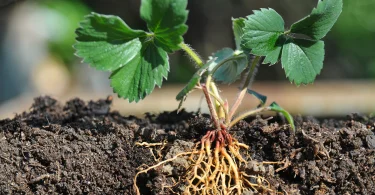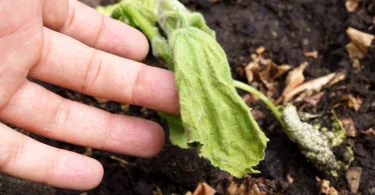With its beautiful blooms and versatility, Mexican Petunia Medicinal Uses (scientifically known as Ruellia simplex) is a great favorite of garden lovers. Originally found only in Mexico and some parts of the United States, this hardy plant has become a favorite among landscape designers because it is easy to care for and adapts well to many kinds of climates.
Aesthetics and Blooms
The most attractive feature of the Mexican Petunia is its abundance of blossoms. The plant has flowers shaped like trumpets in shades of purple, pink, and white. These flowers not only add a splash of color to gardens, they also attract pollinators like bees and butterflies. In this way, the blooms help enrich biodiversity in landscapes overall.
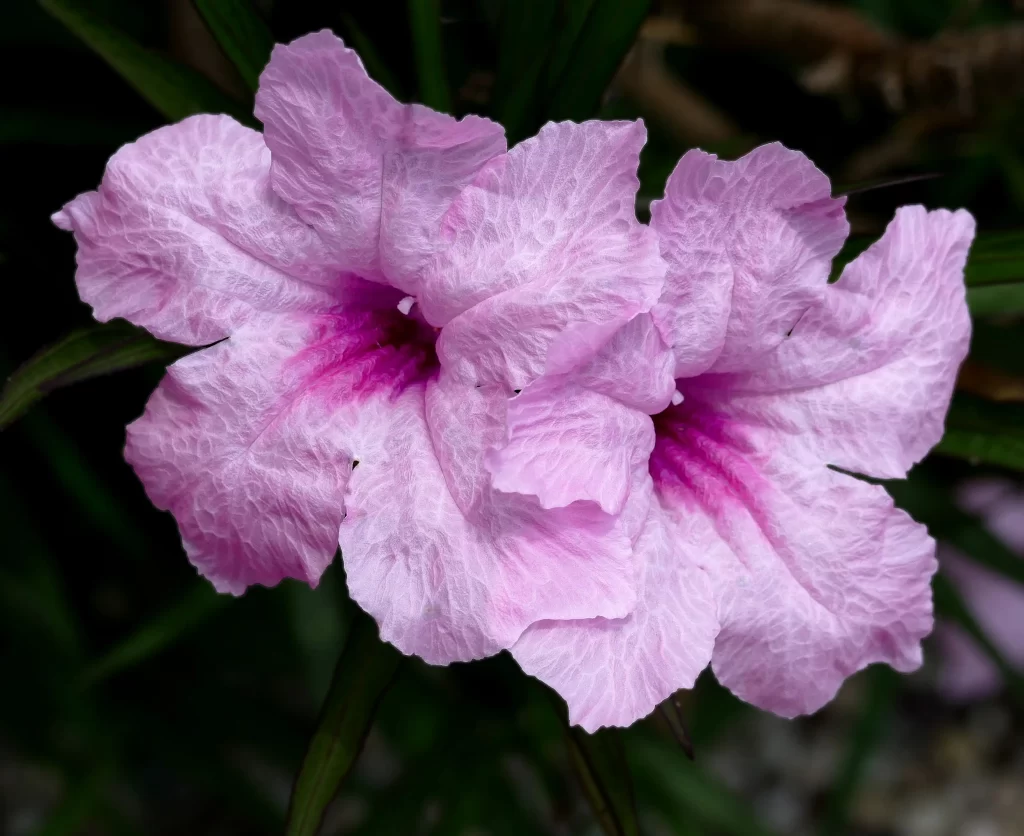
Versatility in Landscaping
Thanks to its adaptability on many levels, the Mexican Petunia is especially popular. It grows well in full sun as well as partial shade and is a good plant for quite different garden settings. In any landscape, whether used as ground cover or in borders, it brings a classy touch with its flowers.
Low Maintenance Requirements
Gardeners prize Mexican Petunia for its low demand. Established, the plant is quite drought-resistant and requires little attention. This plant benefits from its resilience and resistance to soil conditions of varying kinds as well as many common pests, making it an attractive choice for those looking for a trouble-free addition that adds color.
Propagation and Growth
The Mexican Petunia grows rapidly and spreads easily. This characteristic is one of the features that make it an effective ground cover, but gardeners should also be aware of its tendency to become weedy in some areas. Pruning it regularly will help keep its growth in check and give you a more manageable shape.
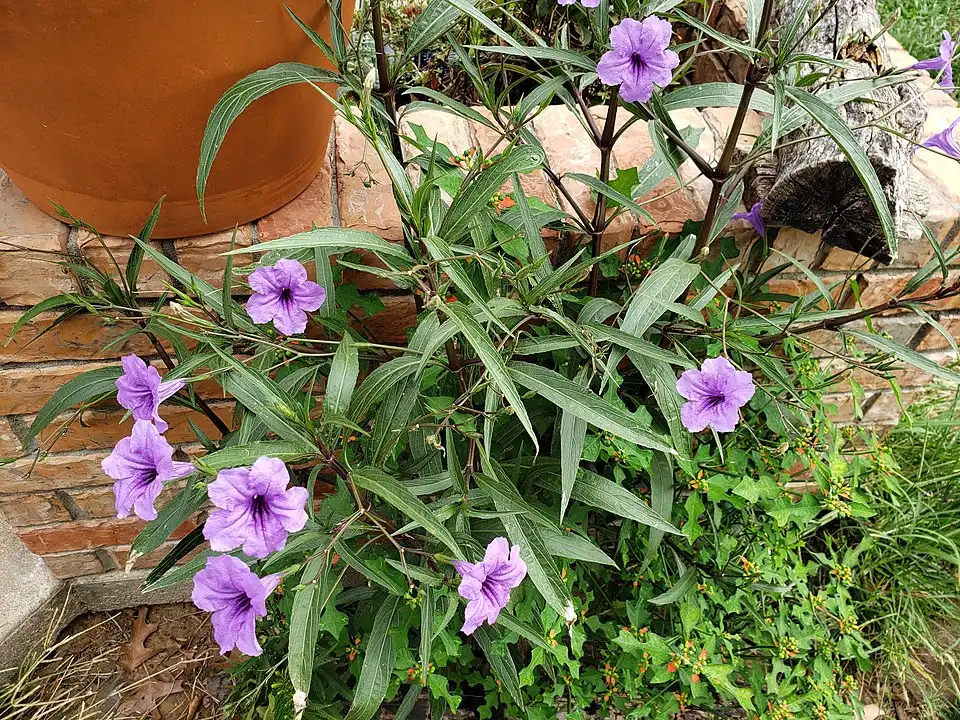
Mexican Petunia Medicinal Uses
Apart from being a beautiful ornamental plant, Mexican Petunia (Ruellia simplex) has even found its way into traditional medicine. Several parts of the plant are thought to have medicinal properties. Though research is still ongoing on its usage in medicine, many anecdotal and historical records have documented possible health benefits from this versatile plant.
1. Anti-Inflammatory Properties
The Mexican Petunia is considered anti-inflammatory in many traditional medicine practices. The extracts of the plant, especially its leaves are applied topically for relief from swelling and inflammation associated with conditions like arthritis and joint pain.
2. Wound Healing and Skin Conditions
It is believed that the leaves of Mexican Petunia have medicinal properties for wounds. In hopes of hastening the healing process, crushed leaves or poultices made from this plant are applied to wounds and cuts. Also, some traditional remedies say you can use Mexican Petunia for skin conditions, but scientific evidence supporting this is in short supply.

3. Diabetes Management
Mexican Petunia has been preliminarily explored for anti-diabetic effects. These compounds may be able to regulate blood sugar, making this plant of interest for diabetics. Yet, it should be remembered that much more research is needed before Mexican Petunia can be established as an effective and safe treatment for diabetes.
4. Antioxidant Properties
Compounds with antioxidant properties are present in the Mexican Petunia. Antioxidants are key to neutralizing free radicals in the body, which can lead to chronic disease. As an antioxidant, the Mexican Petunia may hold health benefits if incorporated into one’s diet.
5. Respiratory Health
In some traditional methods, Mexican Petunia is used to treat respiratory problems. A variety of infusions can be made from the leaves, which are thought to have properties that could ease some symptoms suffered by those with respiratory problems. Such an effect would need scientific backing before it could be credited.
6. Antimicrobial Activity
Extracts of the Mexican Petunia have been studied for their antimicrobial effects. Preliminary findings hint that the plant shows antimicrobial properties so it may play a preventative or curative function for infections.
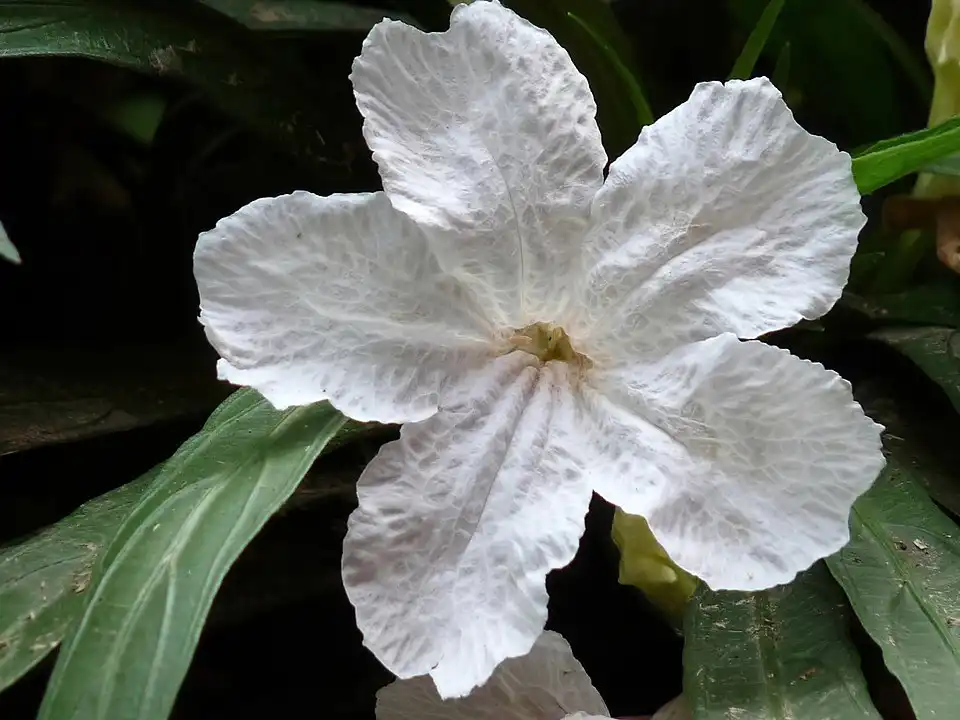
Caution and Considerations
Despite its potential as a medicinal plant, Mexican Petunia must be handled carefully. In large quantities such compounds in some parts of the plant could be toxic. A herbal remedy as with any, one should consult a healthcare professional before using Mexican Petunia for medicinal purposes.
Environmental Benefits
Besides its beauty, the Mexican Petunia can also help establish ecological balance by providing food and shelter for pollinators. Dense growth also protects against soil erosion, making it a must in gardens with green concepts.
Conclusion
In sum, Mexican Petunia doesn’t just simply look pretty; it also offers a variety of health benefits. Although there is some anecdotal evidence and preliminary research to indicate its potential as a medicine, much more thorough scientific exploration must be done to verify and explain exactly why it has the health benefits that people say it does. Just as with any herbal remedy, care and knowledge under the guidance of health professionals is necessary to ensure safety and efficacy.

